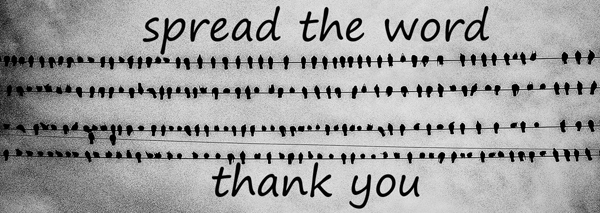
| WELCOME |
 |

comments, ephemera, speculation, etc. (protected political speech and personal opinion) 2020- 2020-12-30 a "We dare not take the maturation of our young people for granted." From Boys to Men
Five decades ago, when the Sexual Revolution was at its peak, there was increasing anxiety among religious leaders that too many young men seemed incapable of escaping adolescence. Fast forward fifty years, and many of the same concerns about boys’ arrested development remain. “The boy problem” has long been the subject of hand-wringing in the United States. Young men in the West fare poorly in comparison with their female peers in numerous areas, including academic achievement, ADHD diagnosis, sexual abuse and harassment, violent criminal behavior, and imprisonment. There is a clear pattern of decreased male engagement with traditional religious community life. And now, during the pandemic, research shows that on the whole, young men in particular have found it difficult to cope. In thinking about how we can best care for our young men, it is worth turning to a religious leader who lived and led through Woodstock and Kent State: Rabbi Dr. Norman Lamm, who died earlier this year at age 92. In 1976, Rabbi Lamm assumed the presidency of Yeshiva University, the landmark institution of American Modern Orthodoxy, where he served as president until 2003 and chancellor until his retirement in 2013. In 1972, Rabbi Lamm was still a pulpit rabbi at The Jewish Center, a major Modern Orthodox synagogue on the Upper West Side of Manhattan. Rabbi Lamm had earned a reputation as an electric and eloquent sermonizer. Over the course of over two decades, he had addressed the full gamut of contemporary events, including the Swinging Sixties. His congregants regularly published his sermons, which served as the raw materials for nearly a dozen books and an increasingly popular website featuring some 800 of his sermons. Yet even for an orator who had addressed the Six Day War, Kennedy assassination, and lunar landing, October 14, 1972, was unique: It was the day of his second son’s Bar Mitzvah. In his sermon on this occasion, Rabbi Lamm opens by noting that we live during a time “in which adults habitually grasp at the last straws of their vanishing youthfulness by retrogressing into adolescence and preferring to be boys rather than men.” In such an environment, and upon the occasion of his son’s coming of age, he wonders, what does it take to become a man? Rabbi Lamm asserts, “To be a man is an achievement.” Manhood is not simply a stage one reaches, but something one attains. He points to the fact that Noah is called a “man” among his other appellations, including “righteous and pure.” This suggests that manhood is itself an attainment. If entry into adulthood is not simply a biological fact but an achievement, how does one go about raising a child to become a man? Directly addressing his son, Rabbi Lamm suggests that they become partners, even friends, not in
the cheap, vulgar, and now discredited American
way of being “pals,” for that is an excuse for
lack of parental discipline, which in turn is a
cover-up for a father who does not really care
about his children. I mean friends, rather, in the
sense that Maimonides did, when he wrote that the
highest level of friendship is those who are
friends in a common ideal; two mature people who
draw closer to each other because of shared goals,
mutual aims, common aspirations, and which brings
them genuine mutual respect.
Rabbi Lamm then roots his recommendation in his own youthful experience: I reveal
to you publicly some of my own inner biography.
One of the greatest moments of my life, and a
turning point for me from boyhood to manhood, came
when my grandfather and my father began to talk
with me as an equal in matters close to their
hearts: the welfare of the family, the future of
[Judaism], the destiny of Israel and, above all,
matters of Torah and Halakhah [Jewish law] . . .
In short, I became a man when they treated me as
an adult, a friend, a confidant, and a co-builder
in the sacred effort of constructing the edifice
of the words of God.
Drawing on these formative experiences, Rabbi Lamm urges us to invite our young men to join the community of adults by engaging them in conversations centering on matters of substance, through which we can initiate them into the community of the faithful. Seeking to pay this gift forward, Rabbi Lamm extends this offer to his son and proposes that we do the same. The relevance of Rabbi Lamm’s 1972 sermon to 2020 is uncanny. (read more) ______________________ Permission is hereby granted to any and all to copy and paste any entry on this page and convey it electronically along with its URL, ______________________ |
...
News and facts for
those sick and tired of the National Propaganda Radio
version of reality.
|
|||||
|

| If
you let them redefine words, they will control
language. If you let them control language, they will control thoughts. If you let them control thoughts, they will control you. They will own you. |
| © 2020 - thenotimes.com - All Rights Reserved |